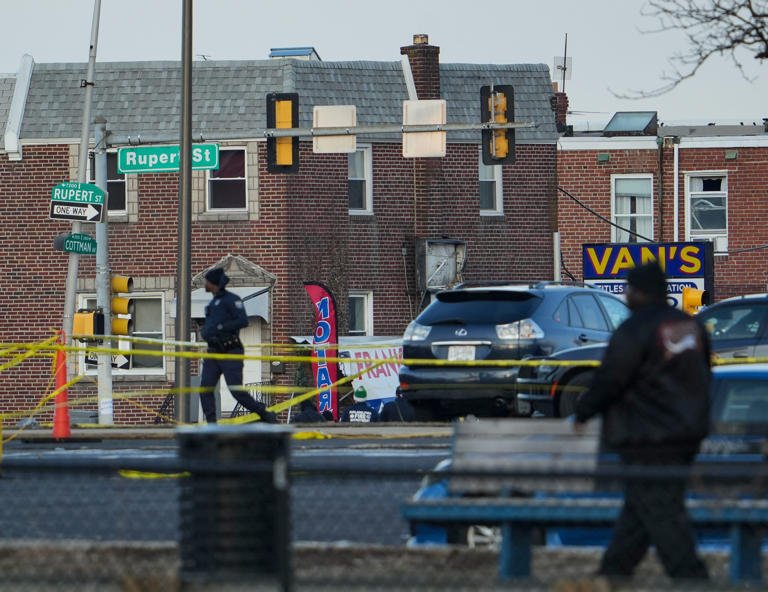
Journalist Intensifies Effort to Uncover Outcome of ‘Secret’ Inquest
Journalist Intensifies Effort to Uncover Outcome of ‘Secret’ Inquest
A journalist and expert in media law is intensifying his efforts to make the results of a ‘secret’ inquest publicly available. As noted on HTFP, Charlie Moloney aimed to cover the findings of an “inquest in writing” at Beaconsfield Coroner’s Court last year. However, when he approached the court to obtain the Coroner’s conclusions, his request was denied, raising concerns about the potential decline of open justice. Charlie stated then that the situation seemed to establish a precedent allowing inquests to be finalized privately, leading to a directive for “perpetual silence regarding what transpired.”
Charlie has now filed a request with the senior Coroner for Buckinghamshire, contending that the decision to conceal the Inquest’s outcome was unlawful. In his request, Charlie, who contributes to newspapers and teaches law at News Associates, reveals that the deceased individual’s name was Graham Robert Whelan, 38, from Wendover, Bucks. He writes: “Certain information and/or documents that a coroner’s court may hold should be routinely shared with journalists. This is because such information and/or documents qualify as public documents. Thus, there should be no reason to deny a member of the public (including journalists) access to a copy of them. The record of Inquest is one of those documents.”
In his request, Charlie refers to the Coroner’s Guidance issued in 2016, which states that coroners should regard the completed Record of Inquest as a public document. It mentions: “The press should have the opportunity to inspect the Record of Inquest, to copy it, or to receive a copy. A fee may be charged for copying. In practice, journalists typically photograph the document with their phone.” Charlie emphasizes: “If the conclusion of the case itself – which is essentially represented by the record of Inquest – cannot be known, this raises serious concerns about a shift towards what could be termed secret justice.
This decision effectively results in an inquest being conducted privately. With the outcome not being shared with the media, it will remain unknown to the public. That is – I would argue – an unprecedented ruling. Given the significance of that shift, which could undermine the fundamental principle of open justice, I would assert that unless there is a clear and unmistakable source of authority that the Coroner can reference to justify holding a private inquest that makes this decision lawful, then I would contend it is unlawful. I kindly request that the record of the Inquest be sent to me via email. Should the Coroner refuse to provide the record, I respectfully ask that the reasons for this decision be communicated to me in writing, addressing the issues raised in this request.”
The court replied to Charlie’s initial request by stating: “The Senior Coroner has reviewed the request, and we have consulted with the family to balance their interests against any public interest concerning the circumstances of Mr. Whelan’s death. The Senior Coroner believes it was appropriate to conclude the Inquest in writing based on this and that there is no public interest in the circumstances. The family agrees with this perspective. Accordingly, the family’s interests are prioritized over any potential changes regarding public interest in reporting the details. No broader educational or public health benefit would justify publicity in this instance. No post-inquest disclosure will occur in response to this request.”
Buckingham Palace Criticized for Not Sending Meghan Markle a Thank You Card






